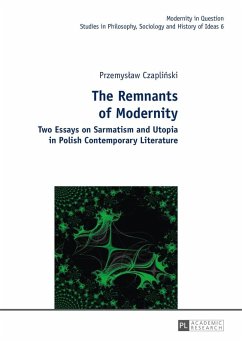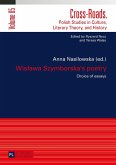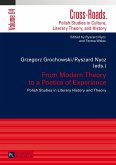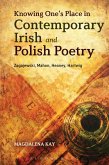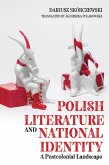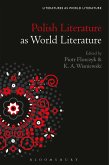Polish culture after 1989 has been defined by conflicts surrounding the remnants of modernity, phenomena marginalised during communism. The book considers two such phenomena: the search for a common tradition and the disappearance of utopia. Throughout the 19 and 20 centuries, romanticism provided a common tradition. After 1989, its place was assumed by Sarmatism, an elite and xenophobic pre-modern cultural formation, into which contradictory values were introduced, creating an explosive mixture of emancipation and populism. The second remnant, the heritage of utopia, is addressed in works whose critical visions of change are not comprehensive projects, but rather rebellions. They begin with a questioning of authority, and lead to a posthuman definition of humanity and interspecies solidarity.
Dieser Download kann aus rechtlichen Gründen nur mit Rechnungsadresse in A, B, BG, CY, CZ, D, DK, EW, E, FIN, F, GR, HR, H, IRL, I, LT, L, LR, M, NL, PL, P, R, S, SLO, SK ausgeliefert werden.

